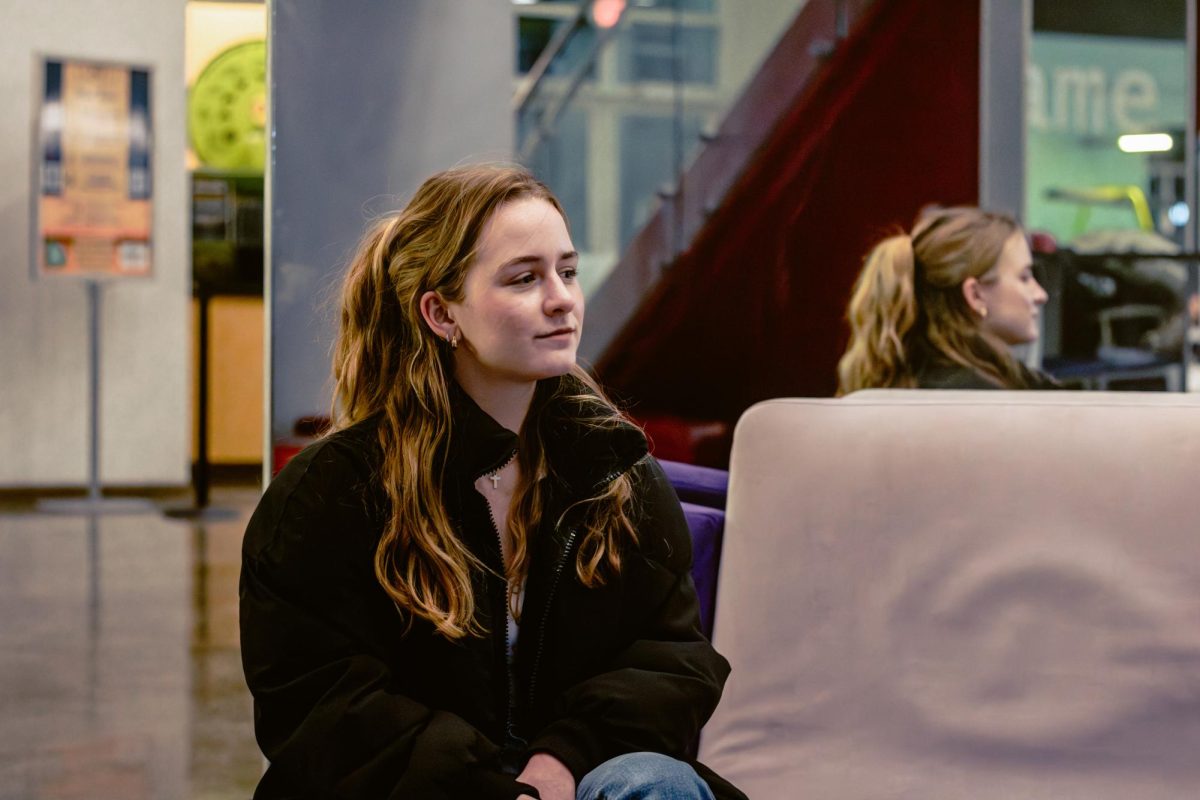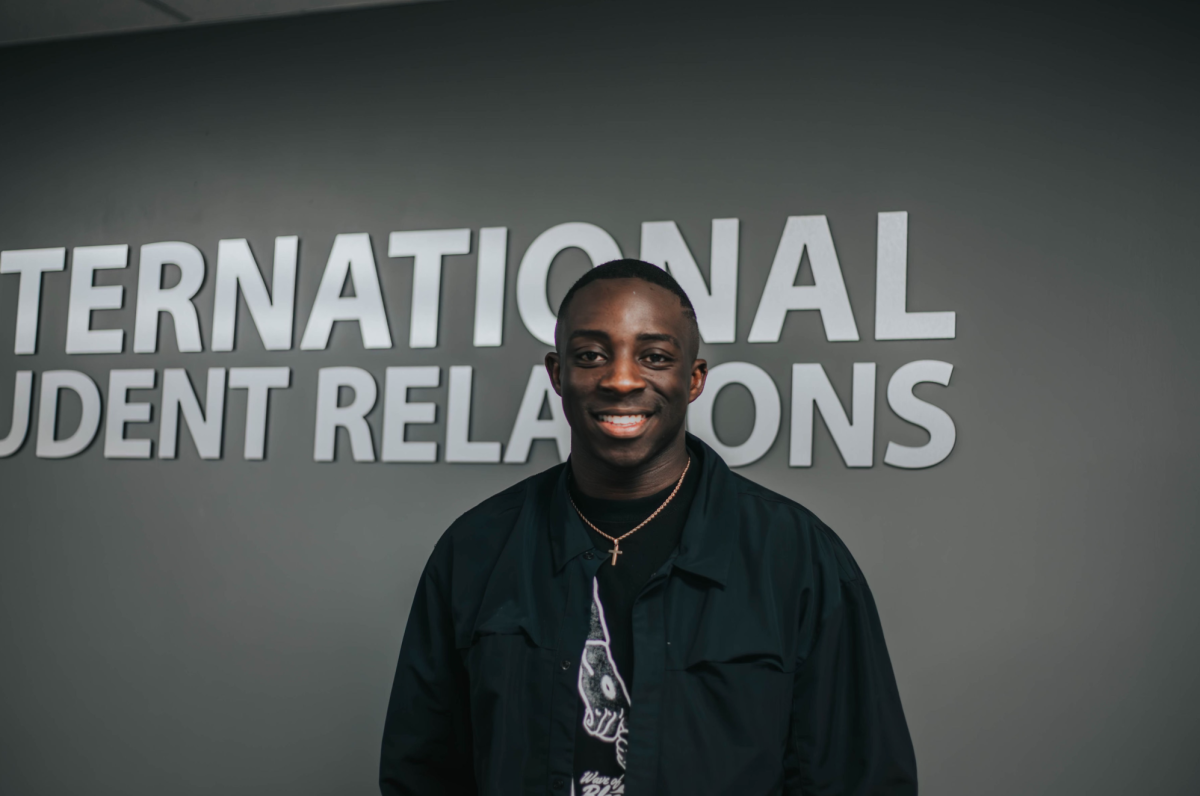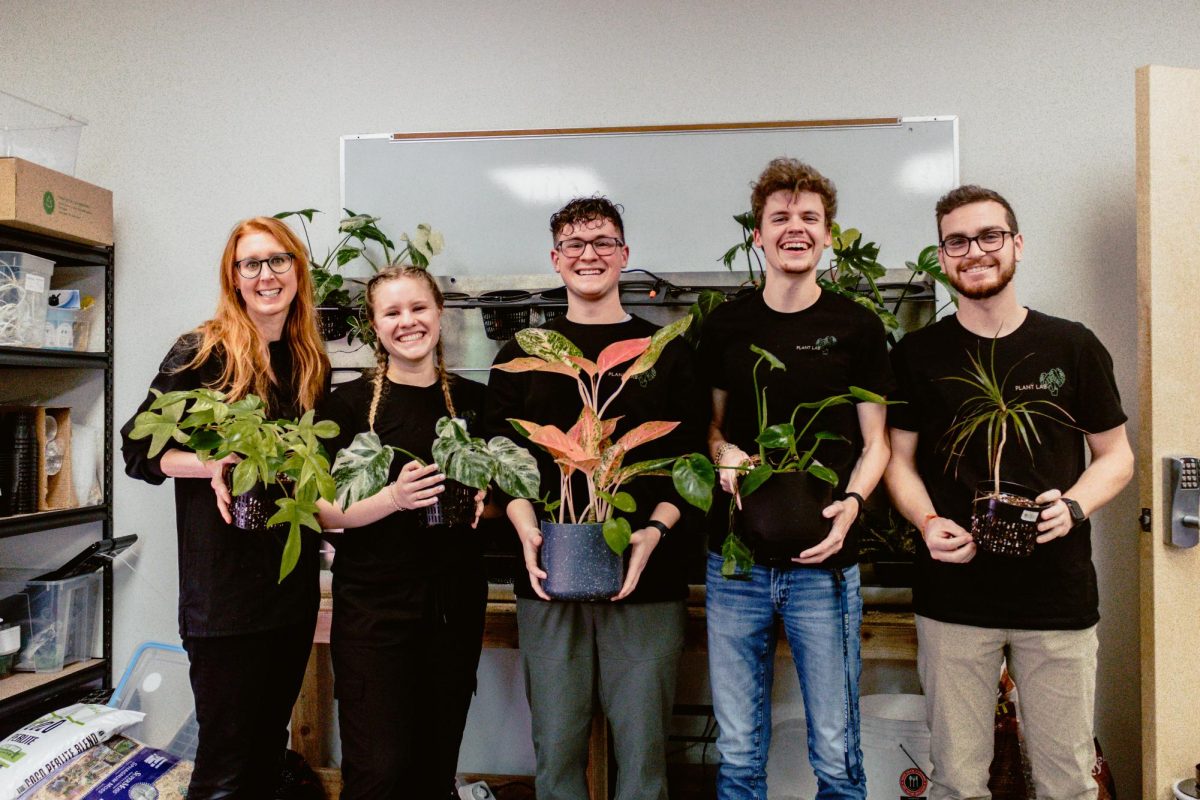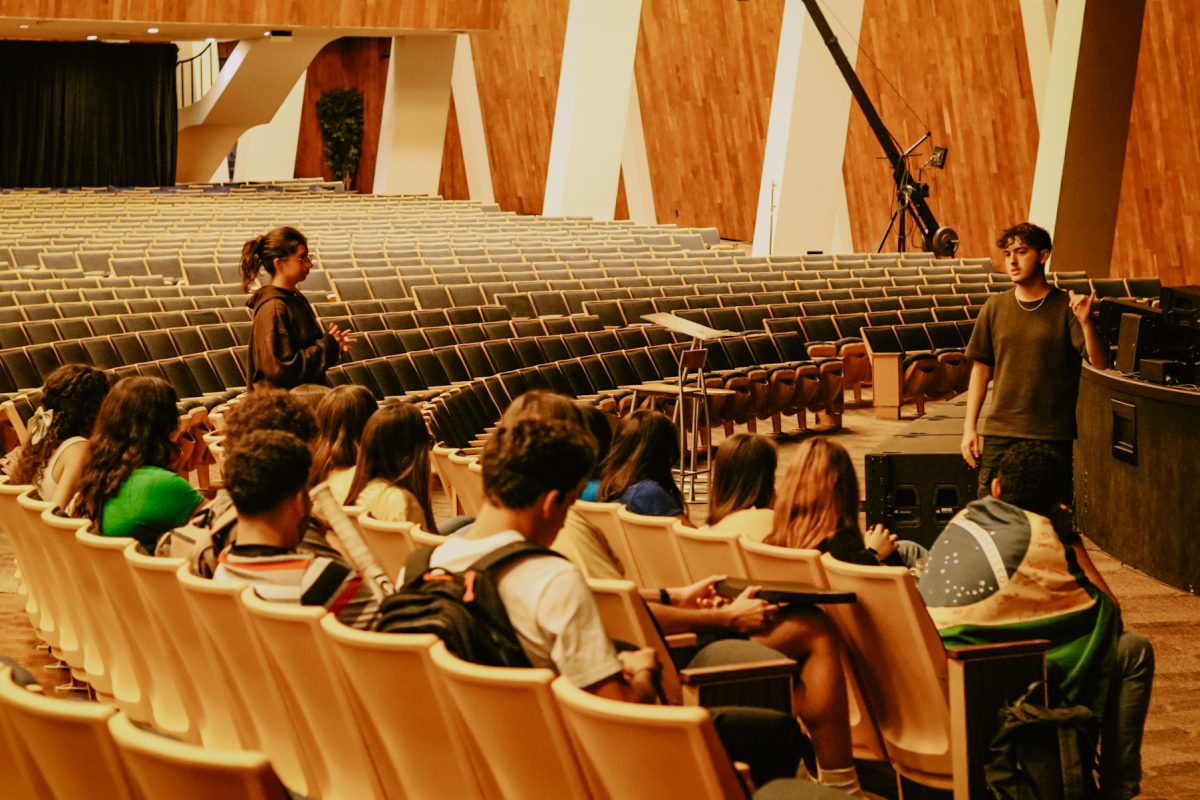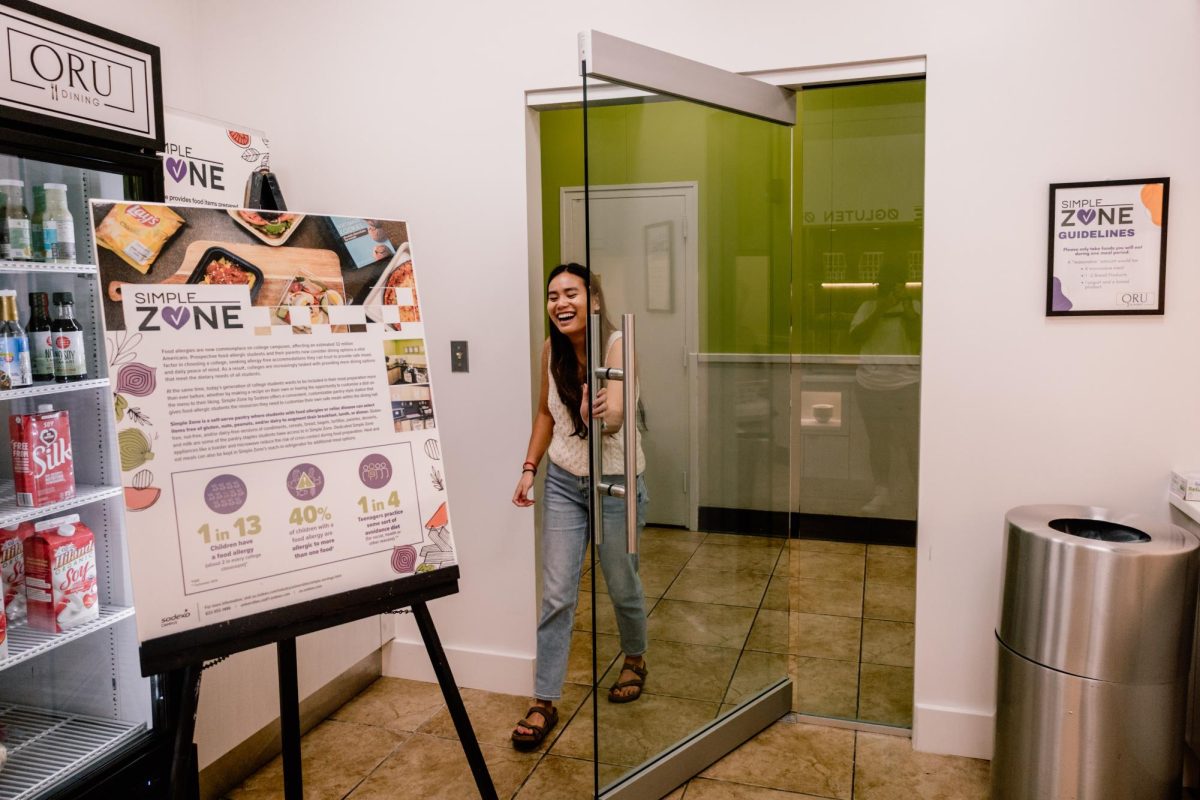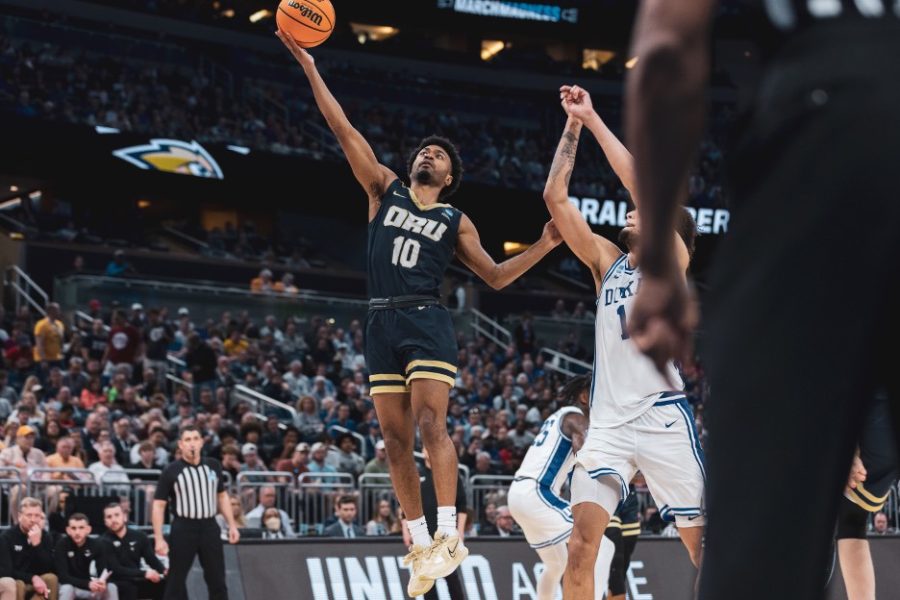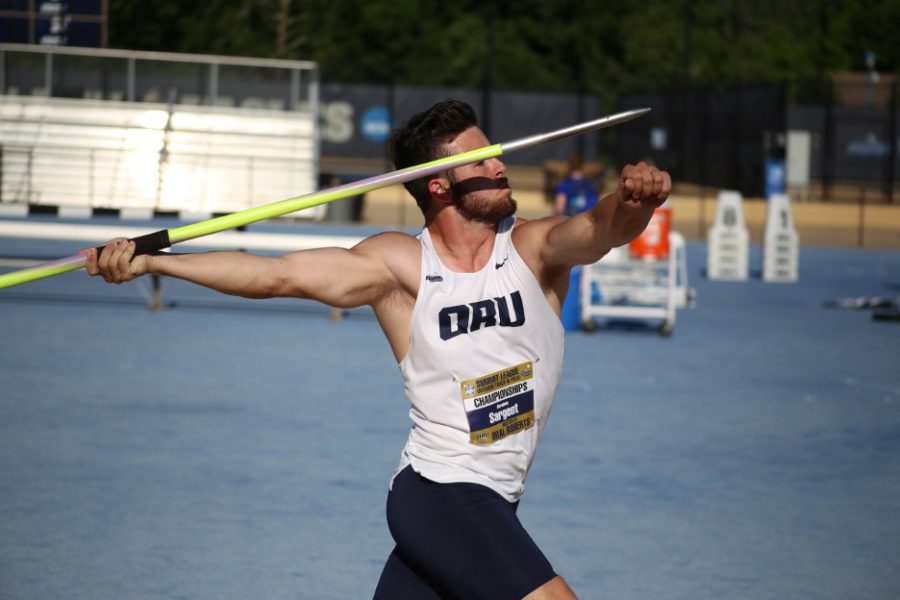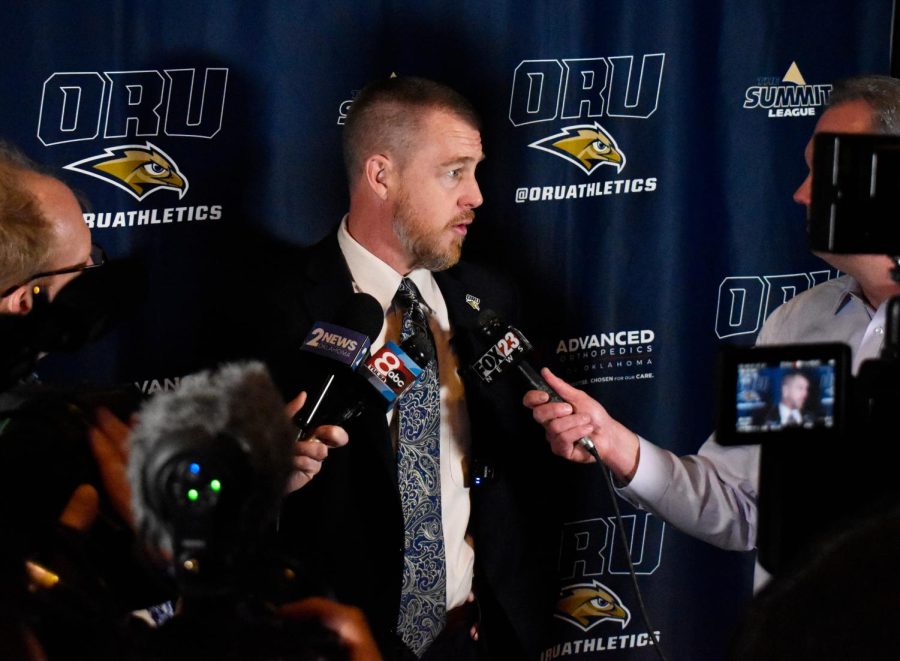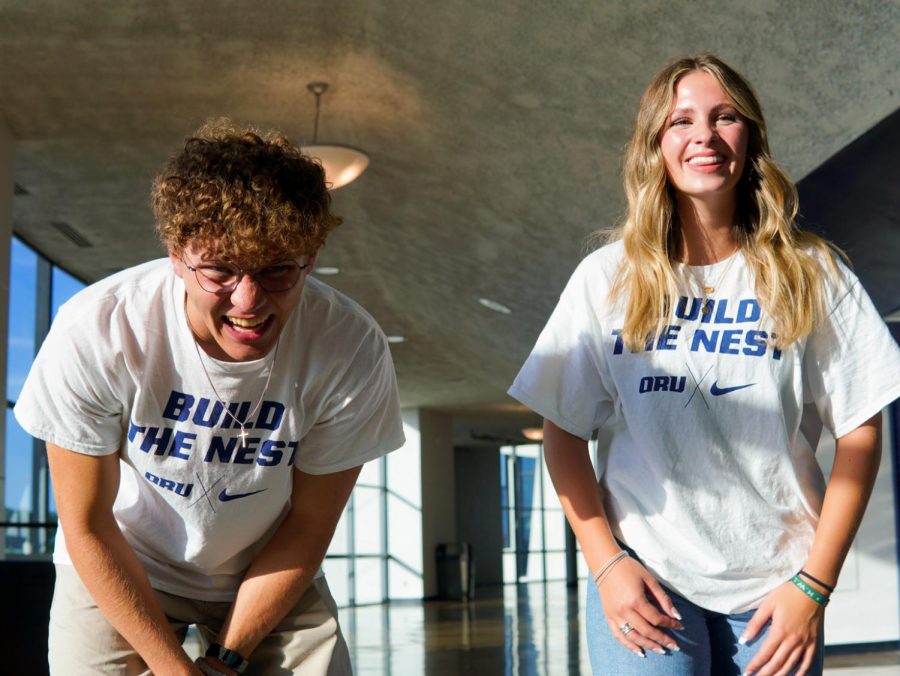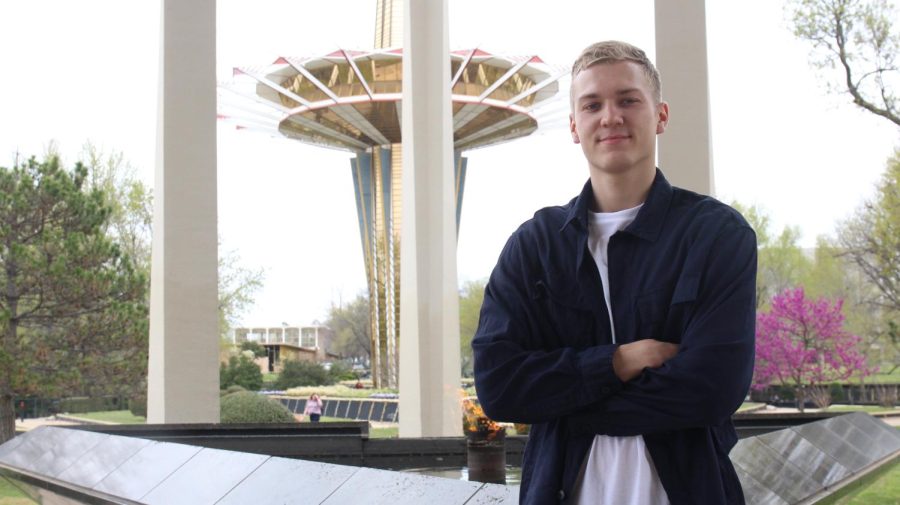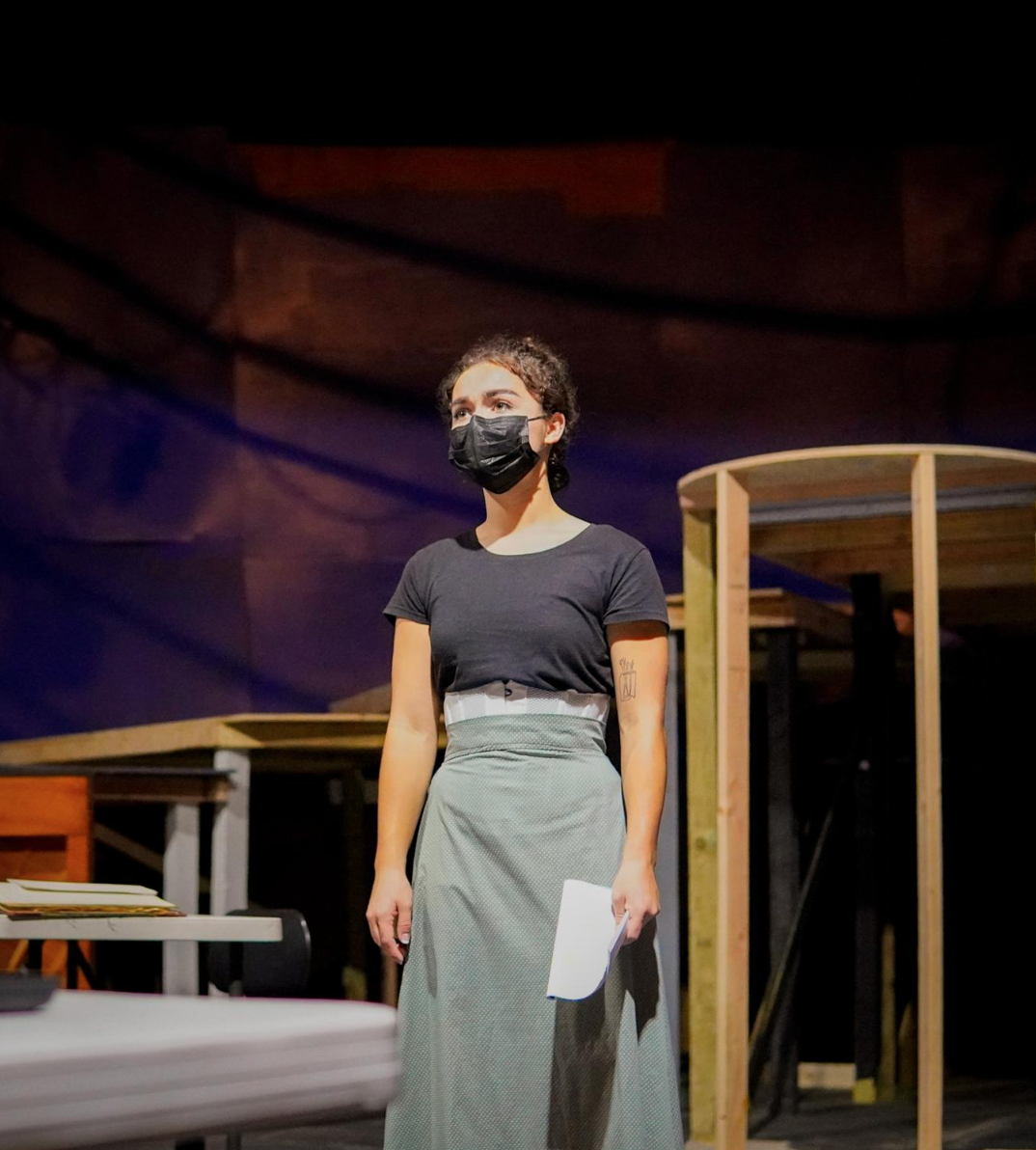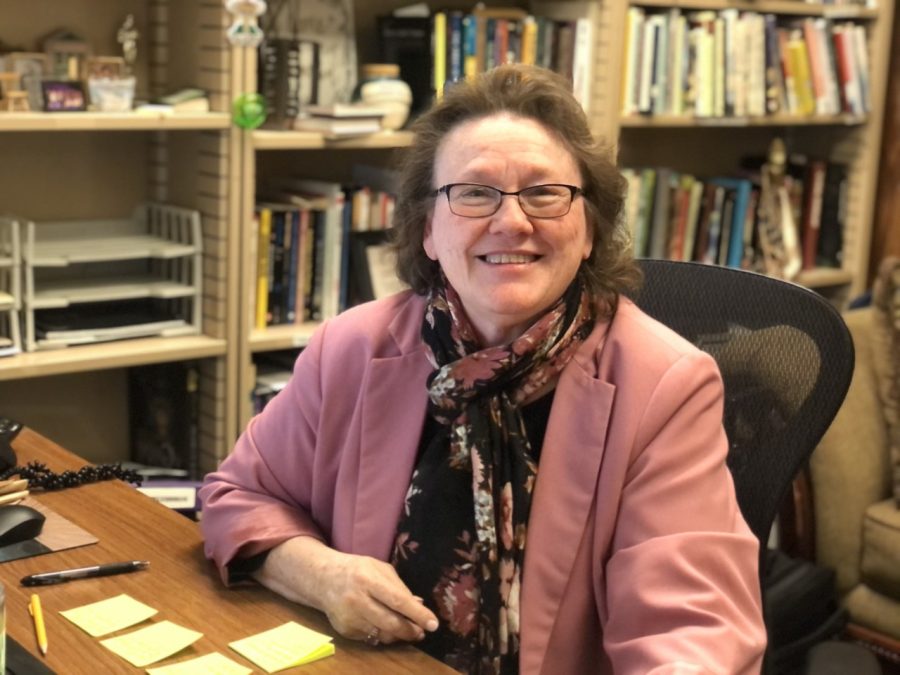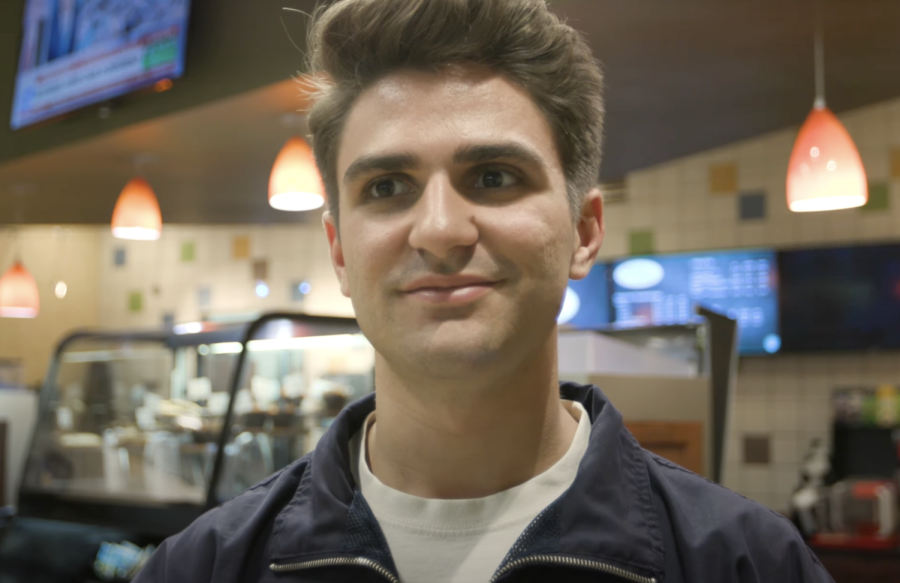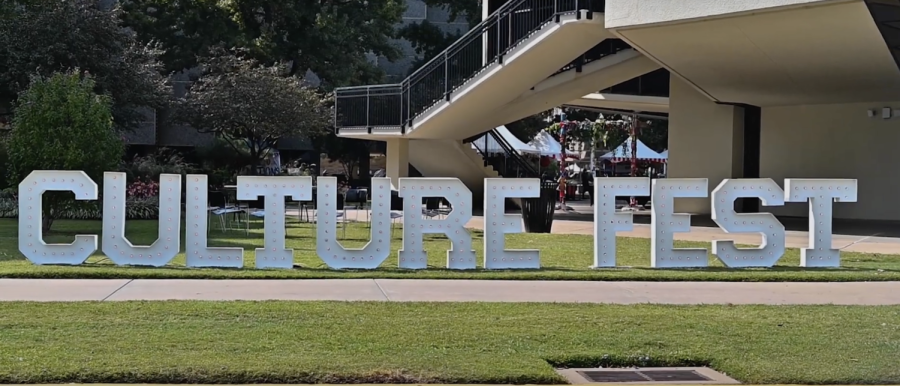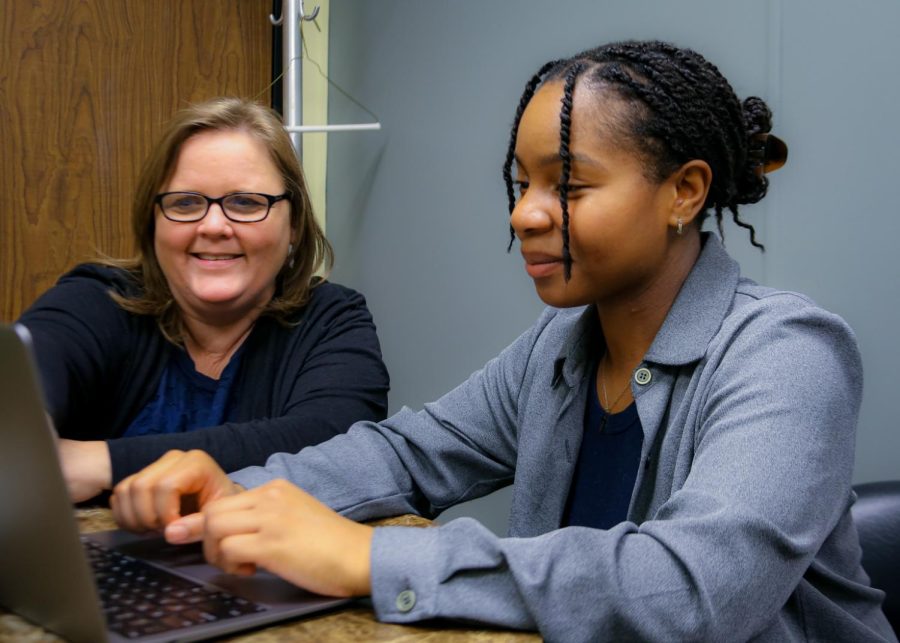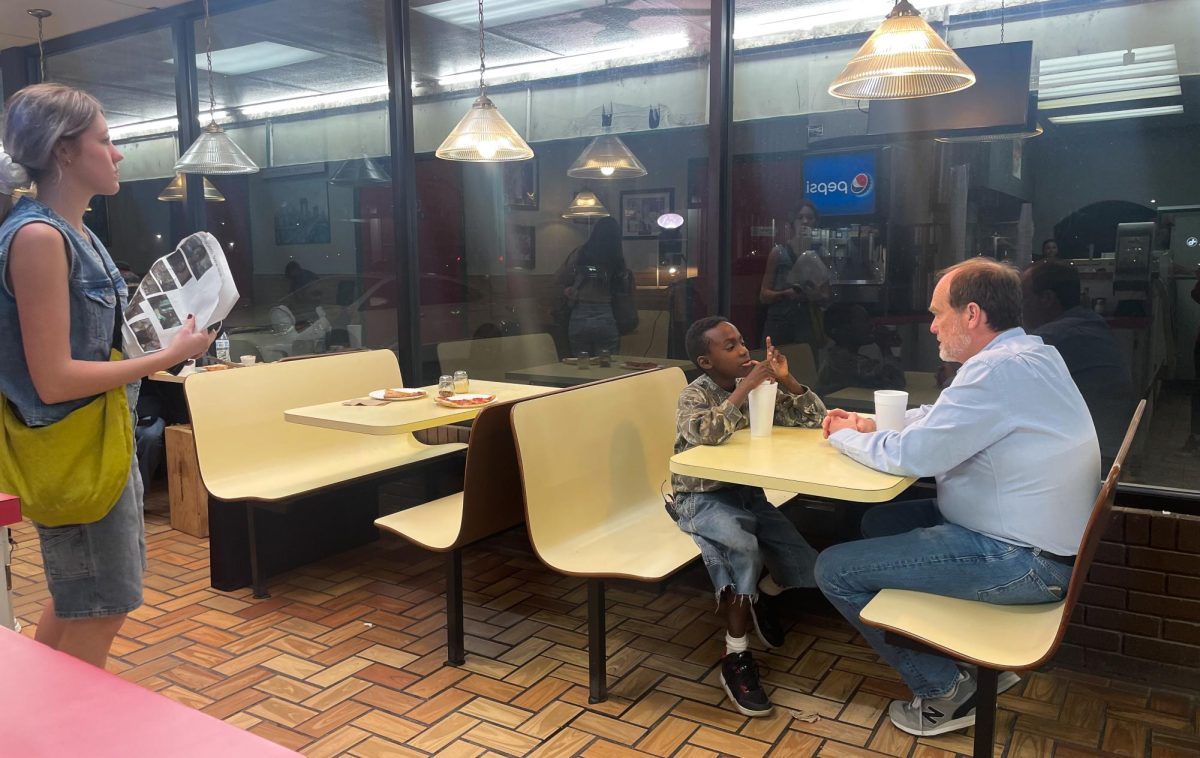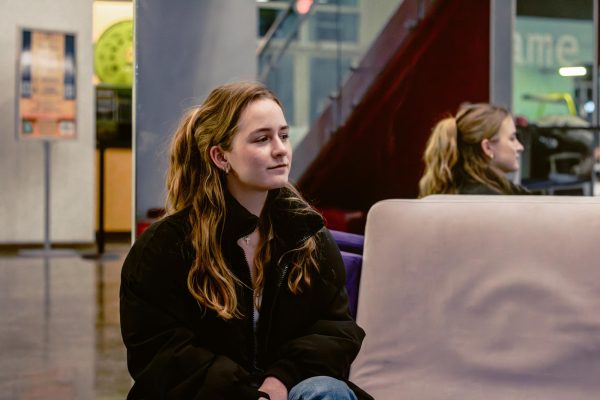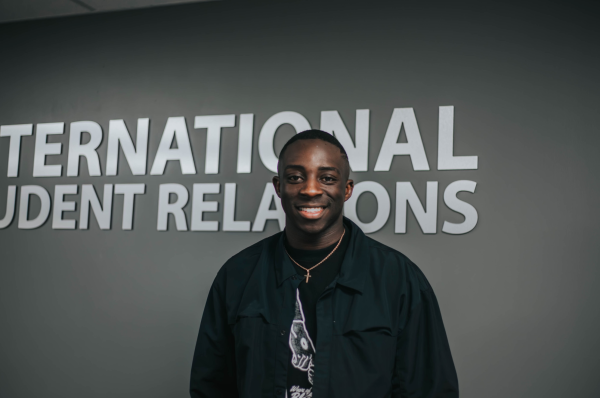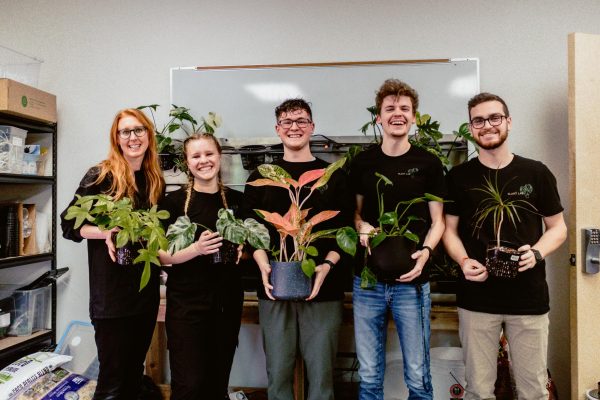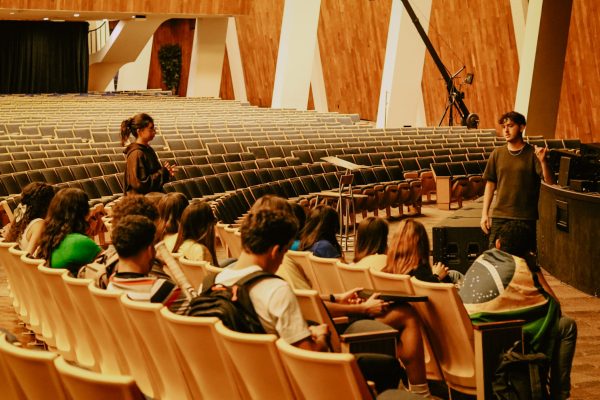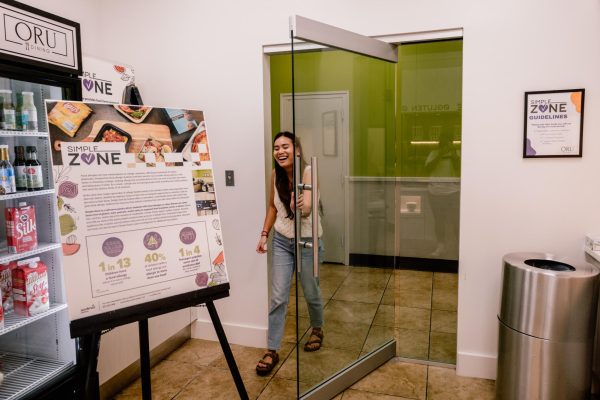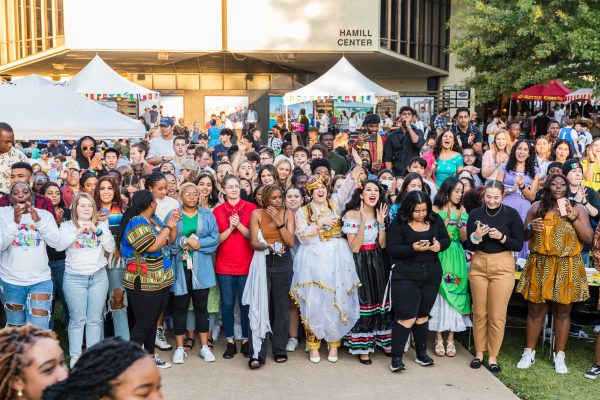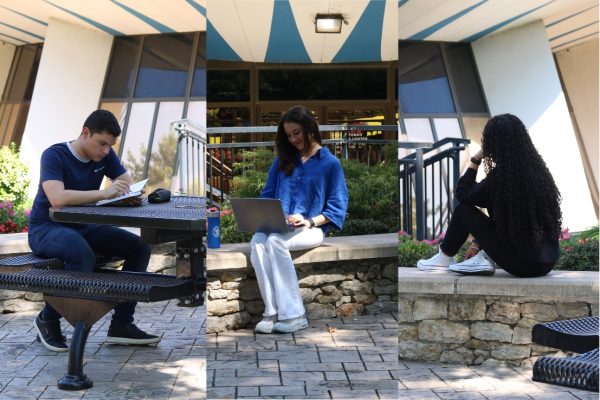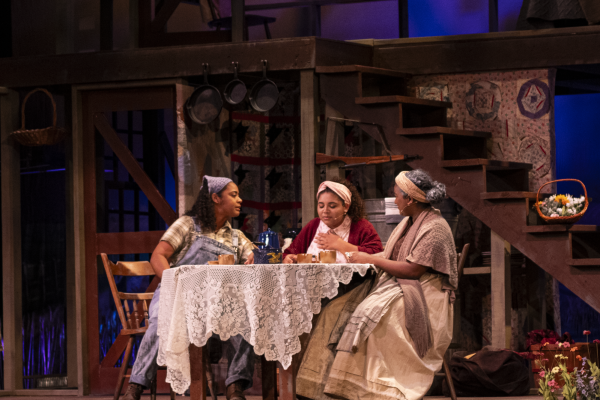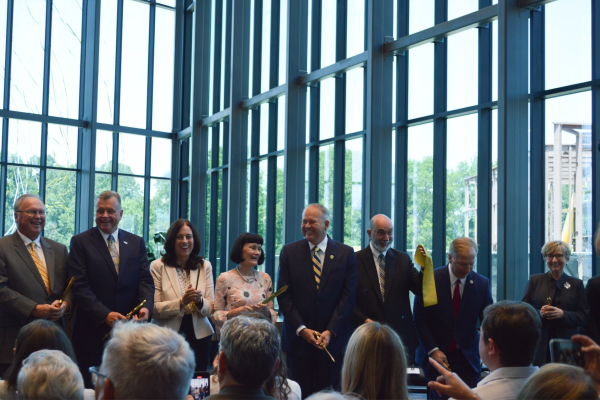ORU: making financial literacy a reality
November 28, 2022
The average United States college graduate in 2021 accumulated around $30,000 of debt, according to U.S. News and World Report.
Not only that, but the average graduate from a private for-profit school, such as Oral Roberts University, accumulates $10,000 more in student loans than graduates from public colleges, according to the National Center for Educational Statistics.
In response, ORU is launching a Financial Literacy program to help students understand federal loans, loan payments, debt and alternative methods of paying for college.
Sharla Roche, who works out of ORU’s Financial Aid office as a financial literacy coordinator, has personally witnessed students struggle with academics and finances. That is why she founded ORU’s peer success coach program, which helps freshmen get acquainted with D2L, find classrooms, register for classes and answer any other questions the freshman may have regarding classes.
The motivation behind the initiative was to relieve stress from students, but after successfully launching the program in 2017, she began noticing the struggle in finances and debt with students.
“What I have found is that finances are often as big of a stress as academics here at the university,” said Roche. “We have students here who are struggling to figure out how to pay for it, or their parents are paying for it, and they’re struggling with guilt, and they feel powerless to do anything about it.”
Some students drop out of college or do not go at all due to finances, loans or the amount of student debt, noted Roche. It is a stressor for students and can lead to poor mental health or poor class performance.
“If I can reduce that stress on this end, on the financial end which is a heavy stress, if we can create plans and bring hope, then I think it’ll help retention.”
In response, Roche began the financial literacy program which launched in the fall semester of 2022. The program is supposed to prepare students for financial realities.
The program had a lineup of workshops beginning in October that consisted of Paying For College, Practical Ways to Increase Income and Decrease Expenses and Building Credit the How’s Why’s and Traps to Avoid with Credit. More than 70 students attended the workshops.
Awareness is the key to combating financial issues with students, according to Roche. The goal of the program overall is to give the students the knowledge and “tools” they were not previously offered.
“We want awareness,” said Roche. “To give students out-of-the-box ideas and possibilities.”
To raise awareness, ORU is investing resources, funding and time into this program, showing its care for the students, both now and continuing after graduation, according to Roche.
“We are here to put whole leaders for the whole world, and we want to set them up for success not just academically but in life,” said Roche. “We want to create whole leaders in every area, including finances.”
The program is supported by peer financial coaches, ORU students employed through work-study positions in the Financial Aid office. They are trained to “coach” their fellow peers on financial stewardship, according to Roche.
One peer financial coach, entrepreneurship junior Phelan Monagan, encourages good financial stewardship.
“Through my parents, watching them navigate through life, I saw the value of money, and we didn’t really have too much growing up; so, I was able to see this is a very big factor in life as a whole,” said Monagan.
As a student trying to graduate without debt by paying loans off ahead of time, Monagan has had a lot of personal experience with loans, scholarships and budgeting which is part of the reason she wanted to be a peer financial coach.
“I saw it as an opportunity to help other people because I have been working on it for a couple of years,” said Monagan.
Monagan may exemplify good financial awareness, but not every student goes in with the same experience.
“One of the things to realize is that it looks like some of the students that take the loans don’t really think about the consequences,” said Rebeccah Attah, a financial planning professor at ORU.
Both types of students, the ones who understand budgeting and loans and the ones who do not, have found themselves in Attah’s financial planning class.
“I wouldn’t say student loans are a bad idea, but I also say manage it well. If you don’t need it, don’t take it,” said Attah.
Some students do not grasp the fact that a loan is not free money — it has to be paid back, said Attah. Because of that, many students find themselves swimming in bad finances and poor budgets.
Attah teaches how to budget, along with the concepts of loans, taxes and much more in financial planning. But not every student is required to take the class, so Attah thinks the idea of financial planning workshops could be beneficial for students to take advantage of. Attah believes every student should acquire “some basic knowledge” on money management and practice with finances, which can be attained through the peer financial literacy program.
